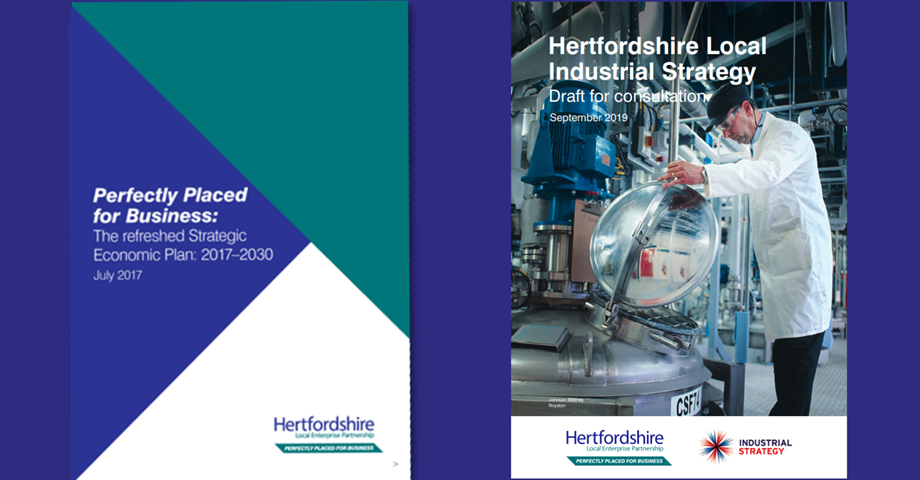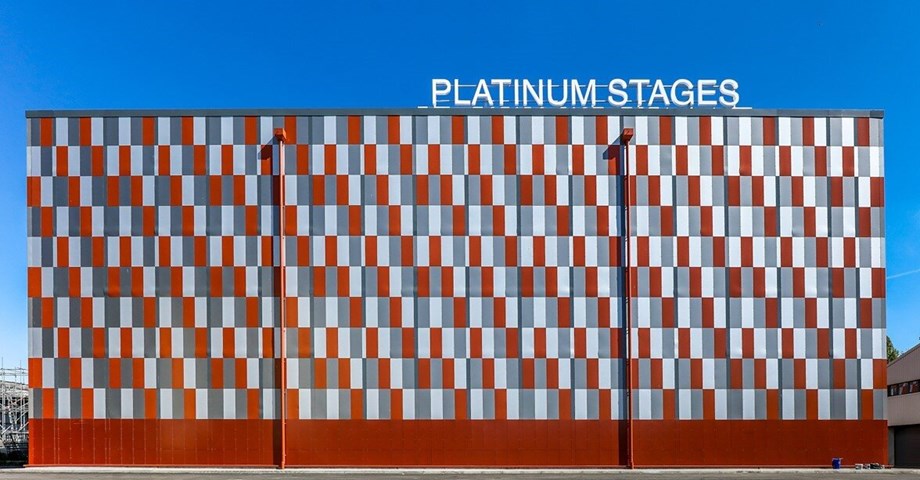
Hertfordshire Futures is creating a new Economic Strategy for the county for the next 10 years and beyond. This will build on the past legacy of success and plan ahead for the next decade of growth. For the strategy to be successful, we want to ensure it is representative of local views. We are placing residents and businesses at the heart of plans to build a more inclusive and sustainable economy in collaboration with a diverse range of stakeholders.














